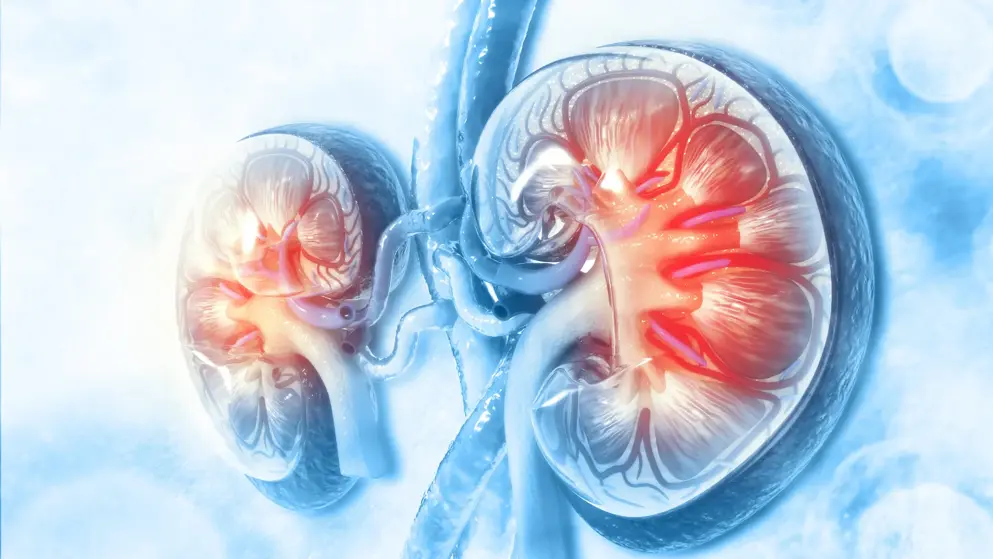The dual roles of obesity in chronic kidney disease: a review of the current literature.
The dual roles of obesity in chronic kidney disease: a review of the current literature
Purpose of review: Obesity is a major risk factor for the development of de novo chronic kidney disease (CKD). However, once kidney disease is acquired, obesity is paradoxically linked with greater survival, especially in those with advanced CKD. This review examines current evidence for obesity as a risk factor for incident CKD, studies of obesity and mortality across various CKD populations, and potential mechanisms underlying the 'obesity paradox' in kidney disease.
Recent findings: Large cohort studies show that overweight body habitus, especially in the context of metabolic syndrome, is associated with higher risk of incident CKD. Emerging data also suggest weight-loss interventions retard or reverse early CKD progression, whereas in hemodialysis patients weight-loss paradoxically heralds poor outcomes. Although the pathogenesis of CKD in obesity remains unclear, studies indicate that excess body fat leads to kidney disease via indirect and direct mechanisms. Meta-analyses suggest that overweight and obese BMI ranges are counterintuitively associated with lower mortality in advanced predialysis and dialysis-dependent CKD patients, whereas a pooled analysis observed that higher pretransplantation BMI was associated with higher mortality in kidney transplantation recipients.
Summary: In addition to its role as a risk factor for de novo CKD, there appears to be a consistent association between obesity and lower mortality in those with established CKD, particularly among hemodialysis patients, suggesting that the reverse epidemiology of obesity is biologically plausible.
Read abstract on library site Access full article
Featured Learning Zones
You may be interested in...
The 2023 update of the German Society of Neurology’s guideline on Parkinson’s disease (PD) provides detailed recommendations on the use of transcranial brain parenchyma sonography (TCS) for early and differential diagnosis. This update addresses previously unspecified diagnostic criteria and investigator qualifications, offering a robust framework based on a systematic literature review.



